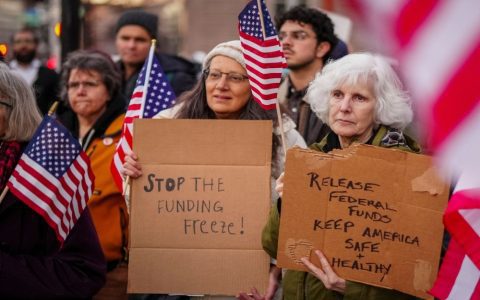Navigating help systems requires strategic clarity. Confusion often stems from fragmented resources or unclear service boundaries. This guide identifies precise pathways for legitimate assistance.
Immediate & Critical Support
- Crisis Hotlines: Dial nationally recognized numbers for mental health emergencies, domestic violence, or suicide prevention. Trained responders provide immediate intervention.
- Emergency Services: Contact 911 (or local equivalent) for life-threatening situations, severe medical crises, or active crime scenes requiring police/fire/EMS.
- Hospital Emergency Departments: For acute medical or psychiatric needs that cannot wait.
Key Resources by Need Category
- Government Programs: Access verified portals for federal, state, or local assistance (SNAP, unemployment benefits, housing aid). Use official .gov websites for applications.
- Community Non-Profits: Reputable organizations (United Way affiliates, local charities) offer food banks, utility assistance, and counseling. Find directories through municipal social services offices.
- Licensed Professionals: Seek therapists, lawyers, financial advisors via state licensing board directories or verified platforms. Verify credentials independently.
- Specialized Helplines: Use disease-specific associations (e.g., American Cancer Society) or hotlines for legal aid, addiction support, or elder care.
Avoiding Scams & Verifying Legitimacy
Never pay upfront fees for assistance programs. Genuine government aid and established charities do not charge for application processing.
- Check Domain Authenticity: Official sites end in .gov, .org (verify non-profit status), or use trusted domains.
- Contact via Known Numbers: Use phone numbers listed on official government department sites or agency letterheads.
- Verify Charity Status: Consult national charity regulator databases.
Practical Access Points
- Public Libraries: Librarians assist in navigating government sites and locating community resources.
- 211 Helpline (North America): Call 211 or search regional 211 databases for comprehensive local referrals across support categories.
- Primary Care Physicians: Often a gateway to specialized medical referrals or social work support.
Start Narrow: Clearly define the specific help required. Prioritize official agencies directly responsible for that need (e.g., Labor Departments for unemployment). Persist: Systems can be complex; eligibility requirements vary. If one pathway fails, ask agencies directly about alternate programs or appeals processes.









